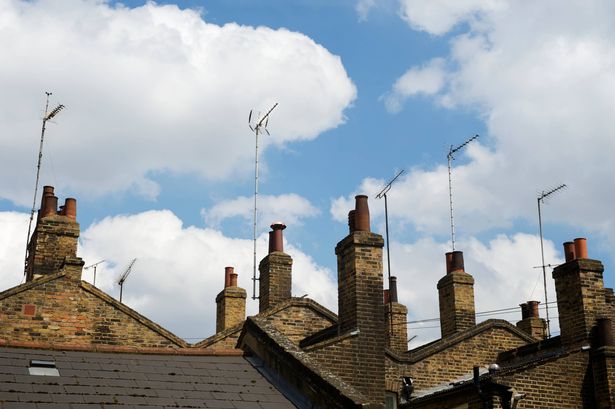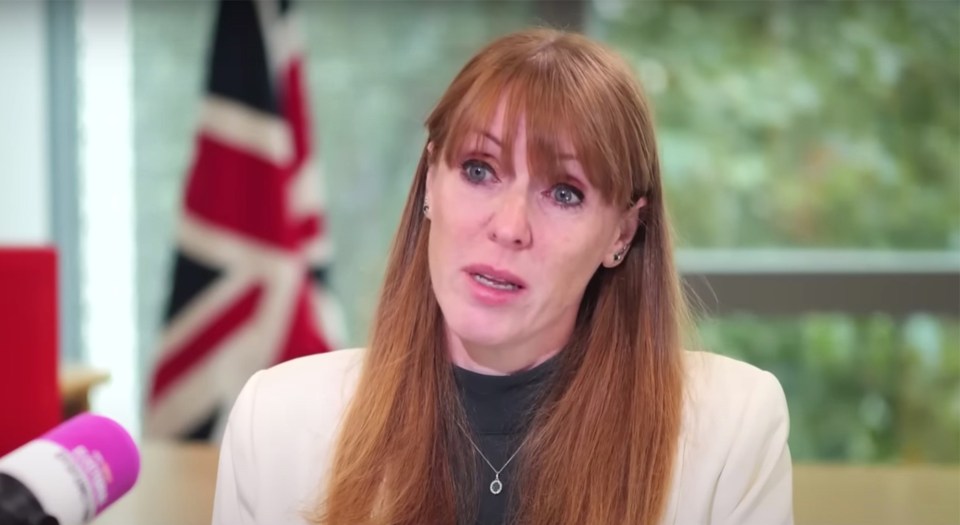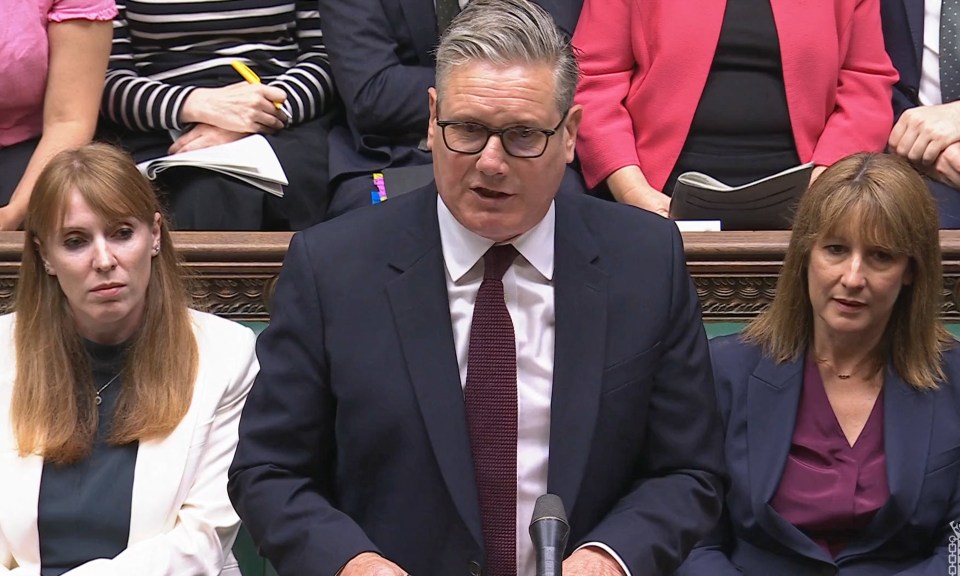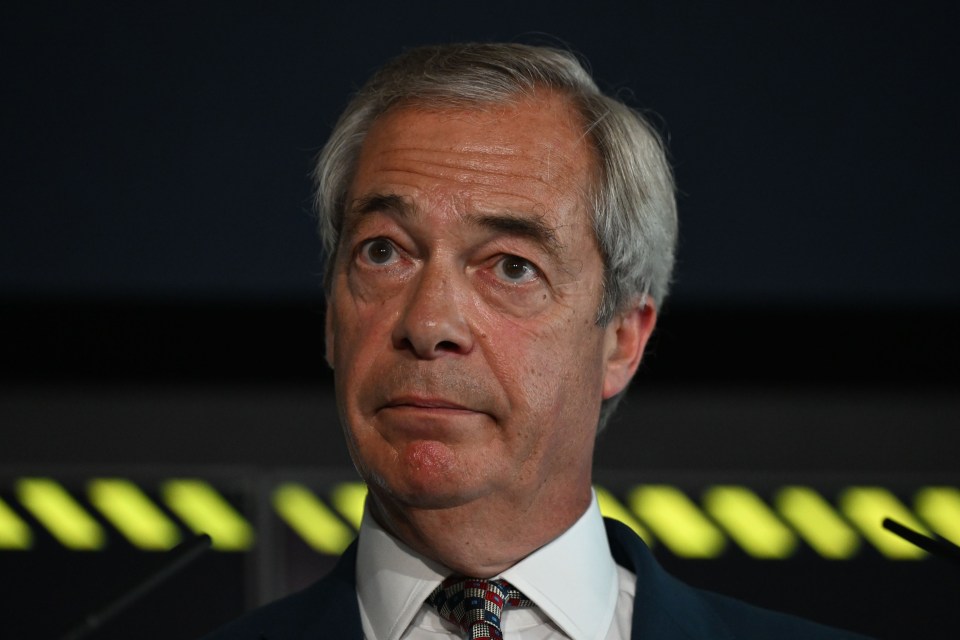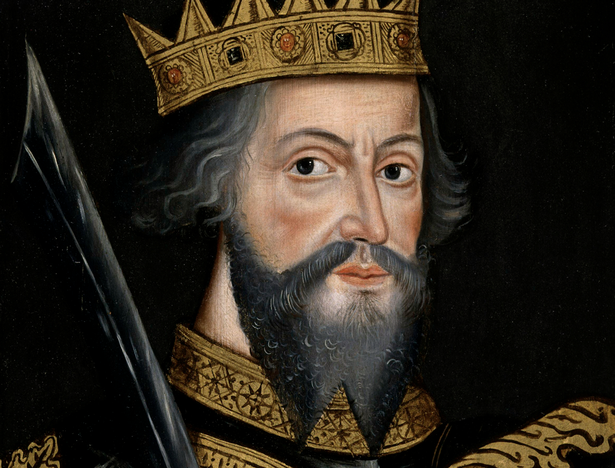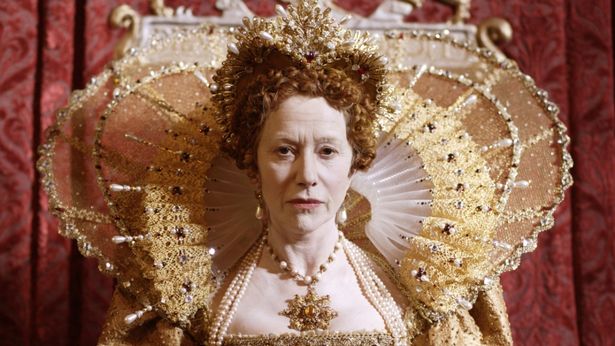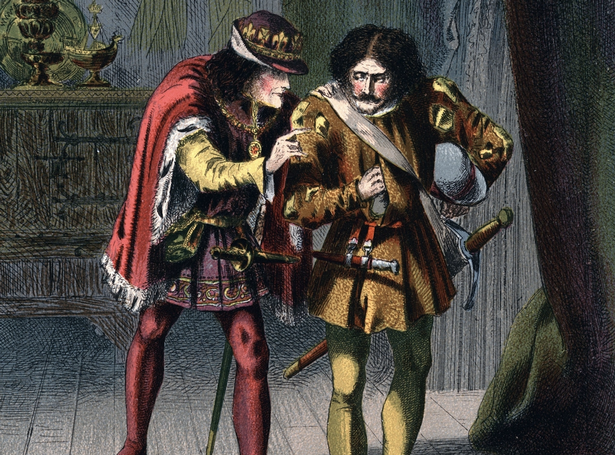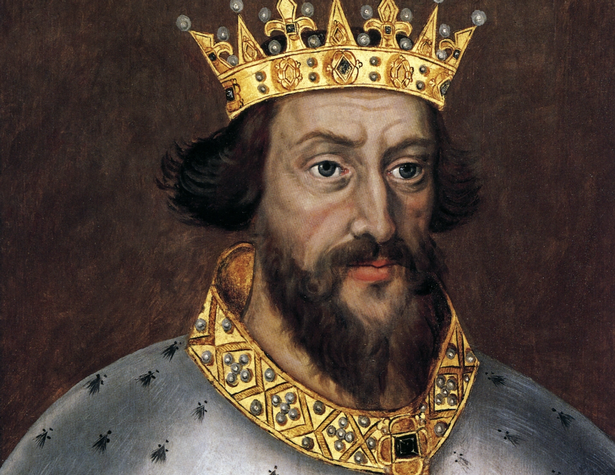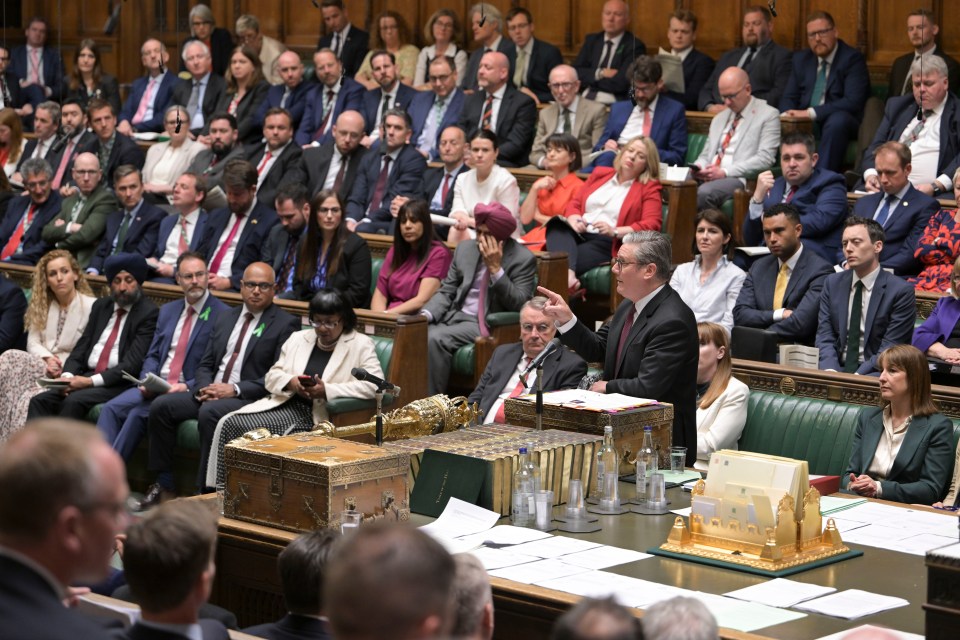As many as 16 million households are in danger of Freeview being taken off the air as the Labour government appeared unsure about securing its future
Millions of households across the country could lose a major television service as MPs warned of a potential blackout. Currently, 16 million Brits use Freeview and the network is seen as a lifeline for those who cannot afford subscription-based TV services.
However, its future has been thrown into doubt as the Government did not appear to commit to securing its future beyond 2034, when the digital terrestrial TV (DTT) licence is due to be renewed. There are fears ministers could scrap Freeview or make it available only via the internet, not standard TV aerials.
Stephanie Peacock, the media and culture minister, acknowledged the spiralling cost of running Freeview to public service broadcasters (PSBs) and households, while claiming fewer people are actually using it. She said the Government will work alongside broadcasters and other organisations.
She said: “We also know this is not an easy decision. The choices ahead are complex and must be guided by evidence, and that is why we are taking the time to get them right, drawing on data, research and the views of people across the sector and across the country.”
Freeview was launched on October 30, 2002 following the catastrophic collapse of ITV Digital almost two weeks earlier. The joint venture between the BBC and Arqiva (formerly Crown Castle) is home to the UK’s beloved networks such as BBC One and ITV1, as well as other digital channels like BBC Three, ITV2 and E4.
Since its inception, it has proven a worthy rival to the likes of Sky Digital and Virgin Media TV, but it faced greater challenges in recent years thanks to streaming services such as Netflix and Disney+. Such topics took centre stage in a heated debate at the House of Commons last week when MPs made an impassioned plea to save Freeview.
Parliamentarians also took issue with the lack of commitment from the Government to renew the DTT licence. Conservative MP David Mundell said: “Freeview is a universal service reaching 98.5 per cent of the UK population, including those in remote and rural areas.
“It is available at no additional cost over and above the licence fee. This is a crucial point: people do not need to pay any additional monthly bills to watch terrestrial TV; all they need is a TV set and an aerial.
“The options for watching TV have broadened in the last few years, with the arrival of TV streaming over the internet. Many of us enjoy those services, but the fact is that to do so, someone needs a high-speed fixed broadband subscription of sufficient speed and reliability, and not everyone has that.”
He added: “Millions of people are relying exclusively on mobile for access to the internet. Indeed, data from Citizens Advice suggested that, in 2022 alone, up to 1 million people cancelled their broadband subscription because of the high cost of living reports.
“Despite being a widely used and, in my view, essential service, it [Freeview] is currently under threat of being switched off within a decade. The licences that support terrestrial TV expire in 2034, and the Government have so far not provided a long-term commitment. Yet there is no need to consider switching off terrestrial TV in the mid-2030s, be that for political, technological or financial reasons.”
Labour’s Richard Quigley claimed that Freeview has helped many elderly viewers combat loneliness and warned axing it would add to the cost of living crisis blighting the country, reports Plymouth Live.
He said: “Three quarters of people say that terrestrial TV has helped to reduce loneliness, and among those aged 65 and over the figure rises to 87%. Additionally, I worry that any decision to switch off terrestrial TV could further exacerbate the cost of living crisis and deepen existing inequalities in our communities.”
In response, Ms Peacock said: “The way we watch TV is changing rapidly. Over the past decade, we have seen significant shifts in how content is delivered and consumed. Increasing numbers of viewers are moving to internet-based platforms, both for on demand content and, increasingly, for live programming.
“DTT is guaranteed until at least 2034. Before making any decisions, we will carefully consider the challenges for public service broadcasters and, importantly, the impact on loyal daily viewers, especially those who rely on digital terrestrial services.
“The cost of DTT to the PSBs is substantial. As fewer people rely on DTT, the cost per house is going up and will continue to do so. I am aware from my visits and meetings with providers that as part of the network reaches the end of life, investment would be needed to carry on even the current services.”
The Mirror has contacted Freeview for comment.



